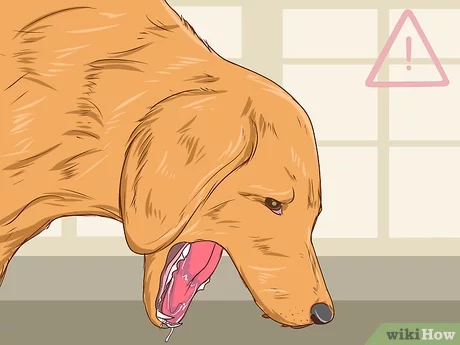Why Is My Dogs Butt Bleeding
As a dog lover, it can be alarming to see your furry friend’s butt bleeding. It’s not only distressing for you but also for your dog. If you’re wondering why this is happening, there are several possible reasons.
Firstly, anal gland problems are one of the most common causes of rectal bleeding in dogs. These glands are located on either side of your dog’s anus and produce a smelly fluid that is usually expressed when your dog defecates. However, if the glands become blocked or infected, they can cause discomfort and inflammation, leading to rectal bleeding.
Another possible reason for rectal bleeding in dogs is constipation. When your dog is constipated, it can put pressure on the rectum and cause small tears in the lining, resulting in bleeding. This can also occur if your dog has diarrhea and is straining to pass loose stools.
In some cases, rectal bleeding in dogs can be a symptom of more serious conditions such as colitis, inflammatory bowel disease (IBD), or even cancer. These conditions require prompt veterinary attention and treatment.
If you notice that your dog’s butt is bleeding, it’s important to take them to the vet as soon as possible. The vet will perform a physical examination and may recommend additional tests such as blood work or imaging to determine the underlying cause of the bleeding.
In addition to seeking veterinary care, there are several things you can do at home to help ease your dog’s discomfort. For example, adding fiber-rich foods like pumpkin or sweet potato to their diet can help regulate bowel movements and prevent constipation. You can also try giving them a warm bath or using medicated wipes to clean the affected area.
It’s important to remember that rectal bleeding in dogs is not normal and should never be ignored. While it may be caused by something minor like constipation or anal gland problems, it can also be a sign of more serious health issues. Always seek veterinary care if you notice any unusual symptoms or changes in your dog’s behavior.
In conclusion, rectal bleeding in dogs can be a distressing and concerning issue for pet owners. While there are several possible causes, it’s important to seek veterinary care to determine the underlying cause and provide appropriate treatment. With proper care and attention, your furry friend can make a full recovery and get back to their happy, healthy self.



